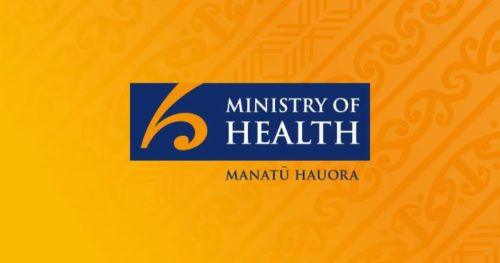The Ministry of Health says a significant increase in New Zealand’s ability to carry out contact tracing is proving vital at the forefront of the fight against Covid-19, with hundreds of staff mobilised to carry out the work and 5 thousand close contacts tracked so far.
The Government’s dedicated contact tracing service set up for Covid-19 is also now seeing more than 700 cases being traced in a single day.
In March, the Government announced a dedicated $500 million fund to help protect New Zealanders and their health around Covid-19, and that included a near doubling in resources for Public Health Units specifically to increase capacity for contact tracing.
Staff in Public Health Units have been recognised as a first line of defence against infectious diseases, but further resourcing was required to handle a pandemic on the scale of Covid-19. Last month’s announcement included more than $40 million immediately into public health, with a strong emphasis on contact tracing.
This included standing up a new contact tracing workforce, the National Close Contact Service (NCCS), based at the Ministry of Health in Wellington. It backs up and supports the great work being done by PHUs and DHBs around the country.

“As of Saturday, 4909 close contacts had been traced by the NCCS since it was stood up on March 24, with 702 contacts traced in a single day on Thursday,” says Director of Public Health Dr Caroline McElnay. “Originally it was making 760 calls a day – now that’s more than 2 thousand.”
Along with the established units in the regions, the NCCS people are working hard to trace and track contacts of confirmed cases. The team is currently 190 strong, and is led by qualified nurses, supported by contact centre staff and other agencies as appropriate. It will be scaled up further as needed.
On average, the NCCS has about 100 people a day in its national call centre, split across two shifts operating from 8 in the morning till 8.30 at night. That’s double the staff when the service began. The centre now also has the capability for staff to be working remotely.
“This represents great work by a dedicated team and the Ministry wants to thank them, and staff in the DHB Public Health Units around New Zealand,” says Dr McElnay.
“Contact tracing is a vital part of any public health work during an outbreak.”







